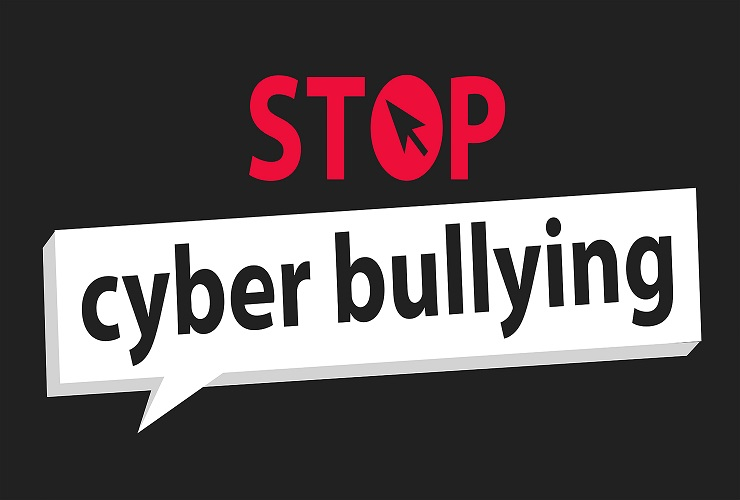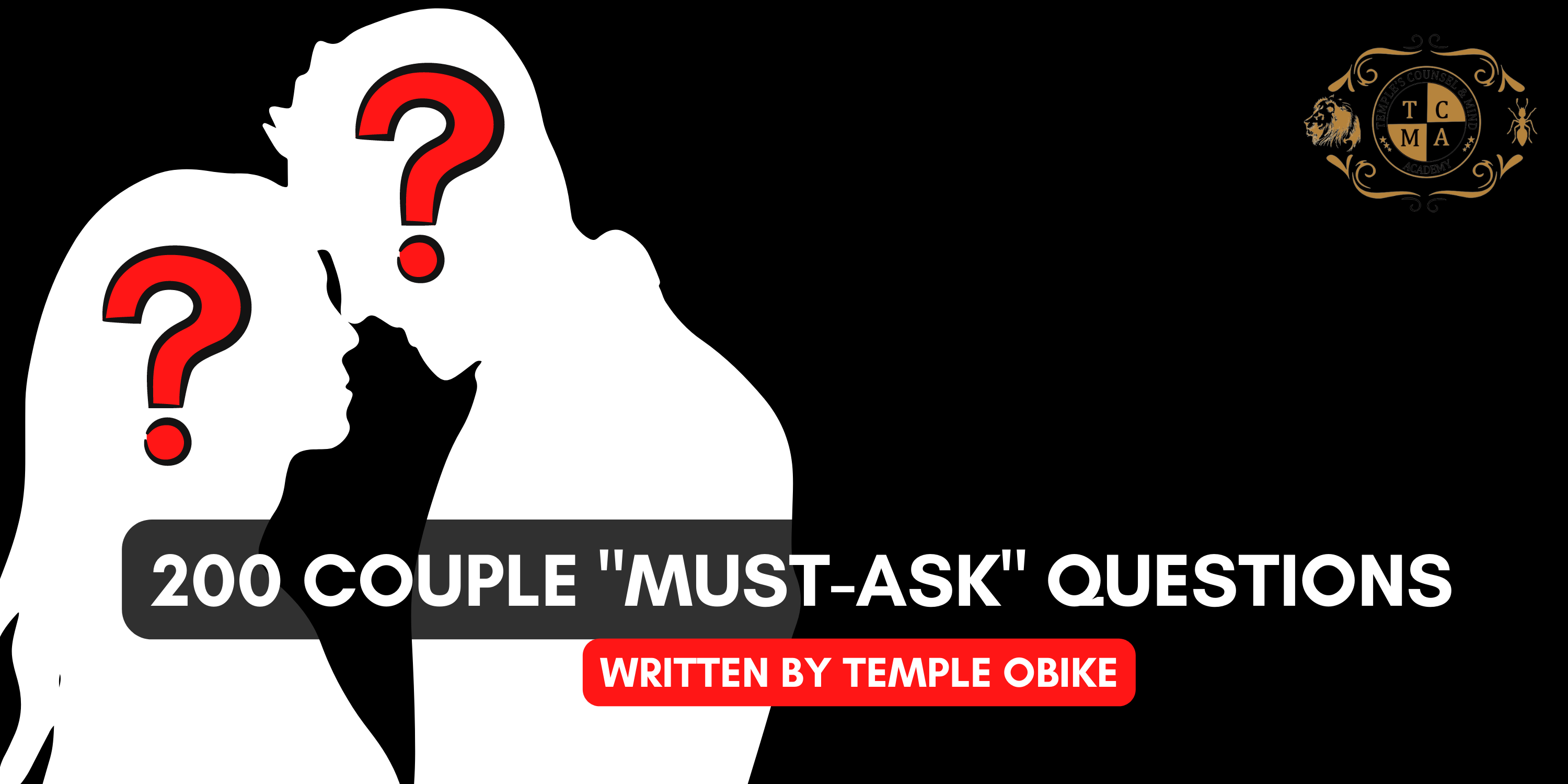
Cyberbullying is a growing problem that can have a significant impact on people’s mental health and well-being. If you’re experiencing bullying on social media, it’s essential to take steps to protect yourself and avoid engaging with bullies.
Cyberbullying, also known as social media bullying, refers to the use of electronic communication to harass, threaten, embarrass, or intimidate someone. It can occur on any online platform, such as social networking sites, messaging apps, or online gaming communities.
- Social media bullying can take many forms, including:
- Sending threatening or hurtful messages to someone online
- Posting mean or derogatory comments on someone’s social media posts
- Spreading rumors or false information about someone online
- Creating fake accounts to impersonate or mock someone
- Sharing or posting embarrassing photos or videos of someone without their consent
- Excluding someone from online groups or activities.
Social media bullying can have serious consequences for the victim’s mental health, leading to anxiety, depression, and other psychological problems. It can also affect their academic or work performance and social relationships.
It is important to recognize and take action against social media bullying by reporting the behavior to the platform, blocking the bully, and seeking support from trusted friends, family members, or mental health professionals.
Here are some tips on how to avoid cyberbullying:
- Block and report the bully
The first and most important step in dealing with bullies on social media is to block and report them. Most social media platforms have a reporting system in place that allows you to report abuse or harassment. When you report a user, the platform will review the content they have posted and take appropriate action, which can include suspending or permanently banning their account.
- Don’t engage with the bully
One of the biggest mistakes people make when dealing with cyberbullies is engaging with them. Responding to a bully can give them the attention they’re seeking and encourage them to continue their behavior. Instead, ignore their messages and avoid engaging with them. If they continue to harass you, report them to the platform and block them.
- Use privacy settings
Another way to avoid bullies on social media is to use privacy settings. By setting your accounts to private, you can control who can see your posts and who can interact with you. This can help prevent bullies from finding your account or sending you messages.
- Don’t share personal information
Avoid sharing personal information, such as your home address or phone number, on social media. Bullies can use this information to harass or threaten you, and it’s best to keep it private. Also, be careful about the type of content you share on social media. Avoid sharing anything that could be used against you or embarrass you.
- Surround yourself with positive people
Surrounding yourself with positive people on social media can help you feel supported and less vulnerable to bullying. Connect with people who share your interests and values, and who are respectful and supportive of others. Join groups or communities that share your interests or hobbies and engage with like-minded people.
- Take a break from social media
If you’re experiencing a lot of bullying on social media, it’s okay to take a break. Logging off for a while can help you clear your mind and focus on other things. If you do take a break, make sure to let your friends and family know so they don’t worry about you.
In conclusion, cyberbullying is a serious issue, and it’s important to take steps to protect yourself. By blocking and reporting bullies, not engaging with them, using privacy settings, not sharing personal information, surrounding yourself with positive people, and taking a break from social media, you can reduce your risk of being targeted by bullies. Remember that you deserve to feel safe and respected online, and don’t be afraid to ask for help if you need it.













